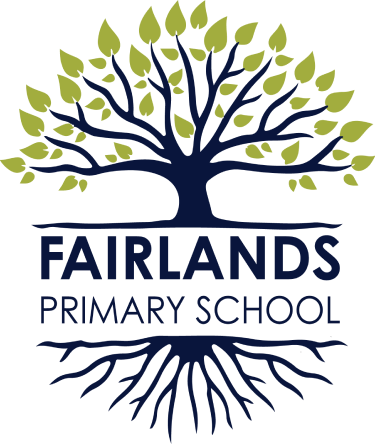Reaching high for the best for your child
The Early Years Curriculum
“Every child deserves the best possible start in life and the support that enables them to fulfil their potential.”
The Statutory Framework for the Early Years Foundation Stage, 2012.
Structure
There are seven areas of learning.
Three prime areas, which are crucial and build children’s capacity to learn, form relationships and thrive:
- Communication and Language
- Physical Development
- Personal, Social and Emotional Development
...and four specific areas through which the three prime areas are strengthened and applied:
- Literacy
- Mathematics
- Understanding the World
- Expressive Arts and Design
The Prime Areas of Learning
Personal, Social and Emotional Development
• Making relationships: Children form positive relationships and learn to work and play together cooperatively. They learn to take account of the ideas of peers and show sensitivity to the needs of others.
• Self-confidence and self awareness: Children will be encouraged to be confident to speak in a group and to express their ideas and needs. They will have opportunities to discuss ideas, choices and feelings.
• Managing feelings and behaviour: Children will learn about their emotions and the feelings of others. They will learn to work as part of a group or a class. They will understand rules and boundaries.
Physical Development
• Moving and Handling: Children will learn to improve their coordination, control, manipulation and gross and fine motor skills.
• Health and self-care: Children will learn about the importance of good health, physical exercise and a healthy diet. They will learn to manage their own hygiene and personal needs.
Communication and Language
• Listening and Attention: Children will learn to listen to each other and adults, individually, and in small and large groups. They are given daily opportunities to listen and join in with stories and rhymes.
• Understanding: Children will develop understanding of language through play and exploration and targeted interventions. They will have the opportunity to respond to questions.
• Speaking: Children will be given a rich range of real experiences and activities to talk about. They will take part in planning and recall activities enabling them to talk about past experiences and plan the future
The Specific Areas of Learning
Literacy
For both reading and writing children will develop phonic knowledge that will enable them to decode, read and write words. Phonics will take place through a range of learning experiences e.g. listening activities, songs, rhymes and playing with language throughout the EYFS.
• Reading: Children will learn the skills they need to be a reader and to love books, they will borrow books to be read to them at home and enjoy daily stories at school. They will become familiar with print and talk about their reading.
• Writing: Children will apply their phonic knowledge to their writing. They will write what is meaningful to them and be able to read it. They will learn to write words and simple sentences.
Mathematics
In the EYFS children’s mathematical understanding develops through active learning, play and exploration.
• Number: Children will learn to count reliably, order numbers, calculate, problem solve and use mathematical language.
• Shape, space and measure: Children will learn about weight, capacity, position, distance, time and money. They will explore, recognise, create and describe patterns and shapes.
Understanding the World
• People and Communities: Children will celebrate diversity and be aware of the similarities and differences between themselves and others. They will be aware of events from the past and present.
• The World: Children will explore their local environment and be able to identify features. They will know about the similarities and differences of both living and non-living things. They will be able to explain why things happen.
• Technology: Children will learn to use a range of new technology and be able to select equipment for a specific purpose.
Expressive Arts and Design
• Exploring and using media and materials; Children will explore a range of materials, tools and techniques. They have daily opportunities to experiment with colour, design, texture and form.
• Being Imaginative; Children will be encouraged and supported to express themselves imaginatively through design and technology, art, music, dance, role play and stories.
Learning
Learning opportunities are carefully planned to engage and challenge all children. The children will experience a range of activities, indoors and outdoors, to develop skills, knowledge and independence. They learn actively within a strong routine.
We ensure that these opportunities are across the seven areas of the curriculum. We are committed to enabling every child to become independent, enthusiastic learners with a range of skills that they can draw upon and develop throughout their schooling. We strive to enable every child to make good or better progress, from their own starting points, by the end of Reception.
In all areas there is a strong emphasis on active learning, play and exploration, and creating and thinking critically. Children will bring home information about what they are learning and how they can be supported at home through a weekly newsletter and class blogs.
Phonics
We value phonics as an essential tool for the development of pupils Literacy skills. In Early Years, staff are trained to deliver daily, systematic high quality phonics, using the Letters and Sounds guidance as a basis for planning and assessment: www.gov.uk/government/publications/letters-and-sounds
The following websites have excellent phonics activities:
http://www.letters-and-sounds.com/
http://www.familylearning.org.uk/phonics_games.html
http://www.phonicsplay.co.uk/freeIndex.htm
How can I find out more?
For more information about the Early Years Curriculum, Framework and Assessment, use the following website which has a parent friendly guide: http://www.foundationyears.org.uk
